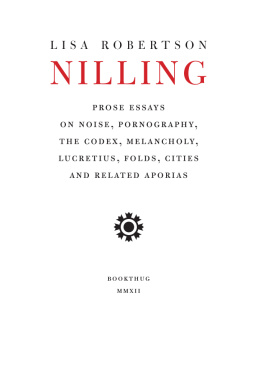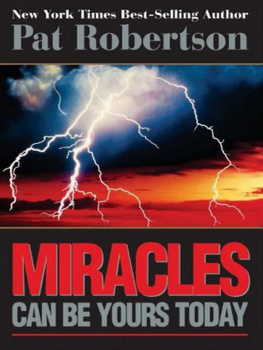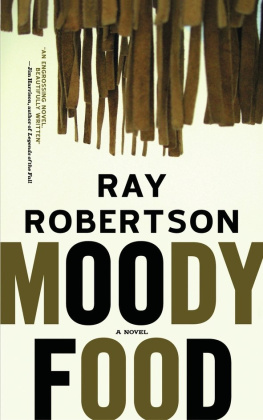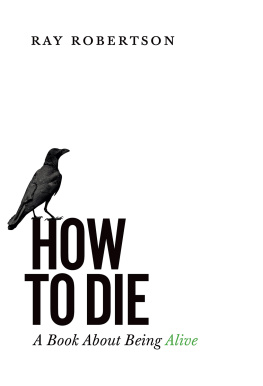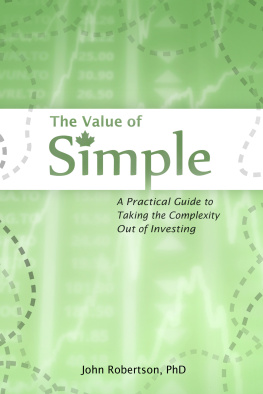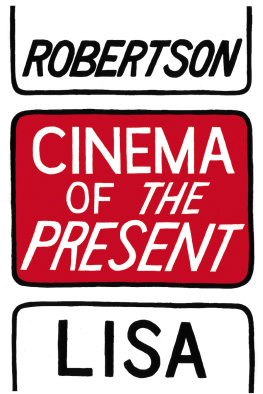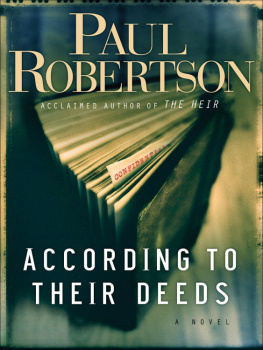Robertson Lisa - Nilling
Here you can read online Robertson Lisa - Nilling full text of the book (entire story) in english for free. Download pdf and epub, get meaning, cover and reviews about this ebook. year: 2022, publisher: Bookhug Press, genre: Religion. Description of the work, (preface) as well as reviews are available. Best literature library LitArk.com created for fans of good reading and offers a wide selection of genres:
Romance novel
Science fiction
Adventure
Detective
Science
History
Home and family
Prose
Art
Politics
Computer
Non-fiction
Religion
Business
Children
Humor
Choose a favorite category and find really read worthwhile books. Enjoy immersion in the world of imagination, feel the emotions of the characters or learn something new for yourself, make an fascinating discovery.
- Book:Nilling
- Author:
- Publisher:Bookhug Press
- Genre:
- Year:2022
- Rating:3 / 5
- Favourites:Add to favourites
- Your mark:
- 60
- 1
- 2
- 3
- 4
- 5
Nilling: summary, description and annotation
We offer to read an annotation, description, summary or preface (depends on what the author of the book "Nilling" wrote himself). If you haven't found the necessary information about the book — write in the comments, we will try to find it.
Nilling — read online for free the complete book (whole text) full work
Below is the text of the book, divided by pages. System saving the place of the last page read, allows you to conveniently read the book "Nilling" online for free, without having to search again every time where you left off. Put a bookmark, and you can go to the page where you finished reading at any time.
Font size:
Interval:
Bookmark:

NILLING
BOOKS BY LISA ROBERTSON
The Apothecary
XEclogue
Debbie: An Epic
The Weather
Occasional Works and Seven Walks from the Office for Soft Architecture
The Men: A Lyric Book
Lisa Robertsons Magenta Soul Whip
Rs Boat


Version ePub ralise par:
www.Amomis.com

Form means we keep changing our minds, at every velocity, due to life; poetry is that facts lucidity.
Stacy Doris, Knot

Time in the Codex
The problem is not how to finish a fold, but how to continue it, to have it go through the ceiling, how to bring it to infinity. It is not only because the fold affects all materials that it thus becomes expressive matter, with different scales, speeds, and different vectors (mountains and waters, papers,fabrics, living tissues, the brain), but especially because it determines and materializes Form. It produces a form of expression, a Gestaltung, the genetic element or infinite line of inflection, the curve with a unique variable.
Gilles Deleuze, The Fold
- I open the codex; with a skirty murmur, commodiousness arrives. It figures in a sequence that addresses me as its potential. And so I like to face this device. Its structural modesty and discretion conceal a formally generous aptitude for proliferation, complexity and differentiation.
- Mostly I seek the promiscuous feeling of being alive. Across a topography of tonalities, the codex amplifies an access. Within its discrete shelter, I move freely among new sensation.
- By commodious I mean: This object furnishes hospitable conditions for entering and tarrying; it shelters without fastening; it conditions without determining. With a minimal gesture the commodious form shows us complexitys amplitude.
- I submit to ink. I go into the elsewhere of chiaroscuro. The lack of transparency, the elaboration of shadow as a medium, makes the codex a soft bomb of potential. The sociality of reading does not always or only pertain to the present; it implicates the multi-temporal generosity of politics. Within this folded time, the person and an impersonal speech test and inflect and mix into one another. The books darkly confected scene is a speculative, temporally striated polis.
- Chiaroscuro is also the technique of the uncanny. I am etched with unknowing as I continue. I have crossed into a material reserve that permits a maximum of intuition, the as if of a speculative thinking, which is outside of knowledge. Reading shows the wrongness of the habitual reification of the social and the personal in a binary system of values. It submits this binary to a ruinous foundering. And so, an erotics.
- Multiplying, dividing and interchanging, the uncanny opens up the indeterminacy of identity. It provides an affective convention for the shadowed interchange among strangers, a relation that is not constrained to a unified time.
- The inchoate state I crave dissolves and reshapes itself in the codex; reading feels like a discontinuous yet infinite rhythmic dispersal that generates singularities. It isnt knowledge at all. Its a timely dallying and surge among a cluster of minute identifications. I prefer to become foreign and unknowable to myself in accordance with readings audacity.
- It is the most commodious sensation I can imagine, this being lost. I dont want to leave this charitable structure that permits my detailed dissipation. Its excess of surface is available only ever in measured increments. I might define thinking this way: The partial access, in a sequence, to an infinite and inconspicuous surface complexity which is not my own.
- The substitution of personae for self, of a series for an origin, of a rhythm for a state: Here is loves tension, loves politics. Here is form. The reader loves without knowing. I read for the book, simply because the book is there to be read. Sometimes my fidelity is for materiality.
- I inhabit its joinery. Because of the orderly continuity of structural traits, the architectural metaphor is easily assumed. But what the book subtracts from architecture is the originating connotation of the arche. Here origins must be differentiated from beginnings, and from historicity. Each reading begins a movement among a multiple and open series, where memory is impersonal. The tectonics of the book frame chance and its twisting trajectories, not an origin. A reader is a beginner.
- I read garbage, chance and accident. I cant fix what materiality is. Reading, I enter a relational contract with whatever material, accepting its fluency and swerve. I happen to be the one reading.
- I cant fix what materiality is. I act into happenstance. A codex accompanies what is otherwise an interpretive surplus suffered or enjoyed in my body. With this complicity arrives a world, and timeliness: form.
- I read to sense the doubling of time: The time of the books form, which pertains to the enclosure and topology of rooms, allegories, houses, bodies, surfaces; and the time of my perceiving, which feels directional, melodic, lyric, inflectional. Then, because of the books time overlaying my own, reading opens a proposition. It receives in me the rhythm I didnt know I missed.
Font size:
Interval:
Bookmark:
Similar books «Nilling»
Look at similar books to Nilling. We have selected literature similar in name and meaning in the hope of providing readers with more options to find new, interesting, not yet read works.
Discussion, reviews of the book Nilling and just readers' own opinions. Leave your comments, write what you think about the work, its meaning or the main characters. Specify what exactly you liked and what you didn't like, and why you think so.

